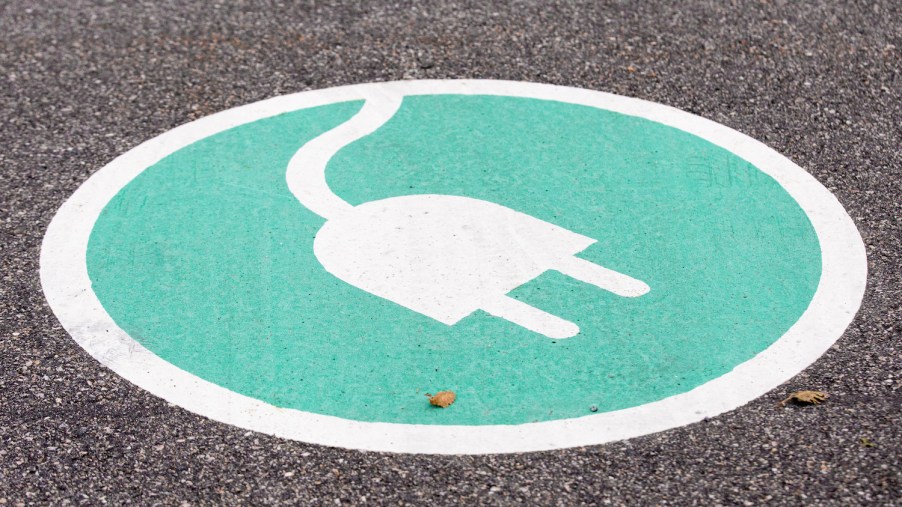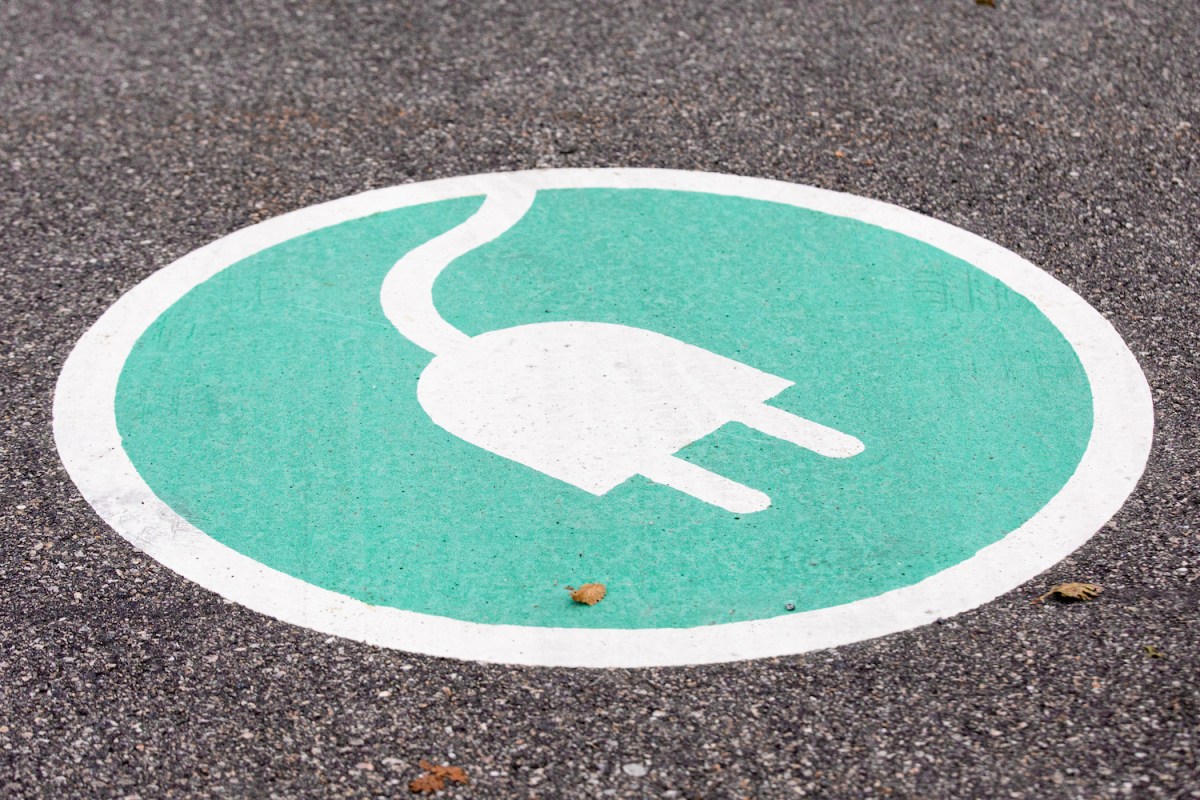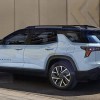
U.S. News Says These Are the 6 Best States To Own an EV Based on Charging and Cost of Ownership
Electric vehicle (EV) sales have rapidly increased in the U.S. in the last half-decade. With that expanding market, the cost of ownership for an EV is important for buyers to understand. Daily driving an EV can work for almost any city as full charges can go beyond 200 miles for most models. Fast charging centers are expanding as well to make charging more convenient. But where you live can affect how easy it is to own an EV.
U.S. News compiled a list of the top six states in the U.S. to own an EV. That includes factors like incentives for buying an EV, the price of electricity compared to gas, and infrastructure for charging an EV. Some states are better at specific factors than others, so these states are not ranked but presented in alphabetical order.

California
California made waves earlier in 2022 by planning to eliminate gas-powered vehicle sales by 2035. It follows a trend of cutting emissions and incentivizing more residents to own an EV.
It leads the nation in new charging stations per 100,000 residents and, according to the U.S. Department of Energy, has 39% of the registered EVs in the U.S. There are more than 563,000 registered EVs in California as of the end of 2021; the next closest is Florida at 95,640.
There are plenty of perks to owning an EV in California. The state offers rebates on electric and hybrid vehicles and some cities include some as well.
Compared to other states in the country, electricity costs are low and gas prices are high, meaning charging an EV is more cost-efficient. As much as it may cost to charge at home, it’s still less than the cost of filling up your gas tank for the same distance to travel.
Colorado
Colorado residents can enjoy major incentives for leasing or buying cars that increase with bigger EVs. U.S. News states an all-electric heavy-duty truck could get up to $10,000 from the state in addition to a few county-specific incentives. Colorado is also in the top five in the country for new charging stations per 100,000 residents and ranks eighth with 37,000 registered EVs.
Colorado’s fuel costs are average for the United States. But with lower electricity costs, the EV cost of ownership in Colorado is very attractive.
New York
New York ranks fourth in the U.S. in registered EVs at 51,870 but has a high number of charging stations per 100,000 residents. New York City has the most chargers in the state and often will offer free or reduced parking fees to use public chargers.
New York is also following California’s lead and is looking to ban the sale of gas-powered vehicles by 2035 as well. Regulations would require zero-emission vehicle sales to gradually increase to 35% in 2026 and 68% by 2030.
New York ranks 14th in the U.S. for most expensive average gas prices and electricity is less expensive, so charging an EV in New York is cost-effective for owners.
Oregon
Like all of the states on this list, Oregon has tax refunds and rebates for purchasing an EV. But the biggest incentives are for low-income owners instead of for the most expensive or biggest cars.
U.S. News also points to the state’s early EV infrastructure investment as another positive for owning an EV in Oregon. There are lots of charging stations and, in a state with the fifth-highest average gas prices, charging at home or at public parking areas is a great incentive.
Oregon also does not have sales tax so the EV cost of ownership gets a big break at the start.
Utah
Utah may not have the reputation as a popular state for EVs — just 1.1% of all registered EVs in the U.S. are in the state — but there are lots of perks to buying and owning an EV. Depending on the battery capacity, EV buyers can get up to $7,500 in tax credits. There are also many special time-of-use rates for charging EVs from local power companies so you can pay less to charge your EV overnight at home.
Like many other states on this list, Utah does have higher average gas prices. Those special rates can make a big difference in costs, making it worthwhile to own an EV. The state is also investing more in infrastructure with a high number of charging stations per 100,000 residents coming online.
Washington
Tax rebates or refunds are a popular way to incentivize EV ownership but Washington goes about it a different way. The state doesn’t wait until tax season to give buyers a break: Washington waives sales tax on used and new electric cars up to a certain point.
For new EV purchases or leases, residents pay no sales tax on the first $20,000. For used EVs, there’s no sales tax up to $16,000. That different type of incentive is effective as Washington ranks fourth in the U.S. in registered EVs with 66,810.
Washington has higher than average gas prices compared to other states. So with lower electricity costs, charging at home or at a public charger can be worthwhile as well.
Which state is the best cost of ownership for an EV?
It’s hard to determine which one of these six is the best. All have a combination of relatively to very high average gas prices and lower electricity costs. But the tax rebates, refunds, and breaks all differ slightly and affect buyers of different incomes.
Knowing how much infrastructure has been built for EVs is also important if you plan on daily driving an EV. In any case, buying an EV in any of these states is worthwhile for residents.
RELATED: Will EVs Kill Car Dealerships?


